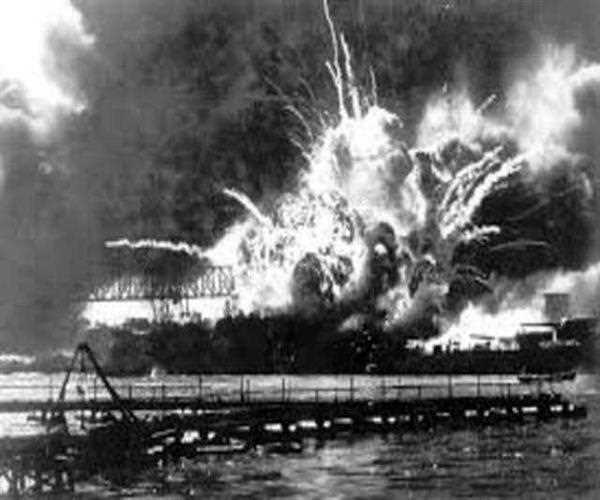The remote strategy of the United States was advancing when Pearl Harbor was assaulted in December 1941. For the greater part of the 1930s, the United States took after an approach of lack of bias. Our impartiality laws disallowed us from offering war materials to nations that were at war. This included nations battling in a common war. The Neutrality Act of 1937 said we could pitch nonmilitary materials to a nation at war just on a money and convey premise.

They would need to pay money for the materials and transport the items on their boats. Americans were exhausted of war. The Nye Committee recommended one motivation behind why we entered World War I was for organizations to profit. This report didn't fulfill individuals as well. Americans likewise were highly involved with managing the Great Depression and had little enthusiasm for what was going on the planet.
As we moved toward the finish of the 1930s and the start of the 1940s, our arrangements were starting to change. We understood the threats that existed because of the forceful activities of Germany, Japan, and Italy.
The Neutrality Act of 1939 enabled us to offer war materials to a nation at war on a money and convey premise. We built up the Destroyers for Bases program to enable Great Britain to get destroyers. The Lend-Lease Act was passed to enable Great Britain to get required supplies. We made a hemispheric safeguard zone to enable us to watch the Atlantic and to enable the British to find German submarines. The Export Control Act enabled us to quit pitching vital materials to a nation like Japan that was utilizing these materials for military purposes. We likewise solidified Japan's budgetary resources in our banks.
When we were assaulted at Pearl Harbor, we were nonpartisan in name as it were. We were currently helping the British against Germany and Italy, and we were endeavoring to moderate the Japanese advances in Asia and in the Pacific Ocean.
"Cheers"